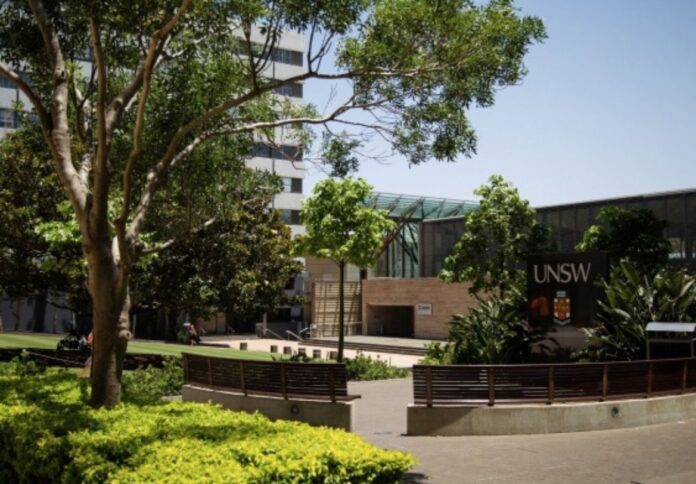
UNSW has welcomed a $128.5 million Federal Budget allocation that would create over 4,000 new student places aimed at boosting STEM programs and the number of skilled graduates needed for the AUKUS agreement.
The facilities will be delivered across the university sector, ranging from energy, defence, and nuclear engineering, helping build a future workforce with strong defence and nuclear technology capabilities.
Up to 20,000 high-skilled jobs are expected to be created over the next 30 years to support the submarine program, according to UNSW.
UNSW Vice-Chancellor and President Professor Attila Brungs said the additional university places will help boost the workforce required to back Australia’s security and defence priorities.
“We welcome the opportunity to work with the federal government in support of the national interest,” Brungs said.
UNSW touts the largest engineering faculty in the country and plays a critical role in meeting national skills needs into the future.
UNSW serves as the education partner for the Australian Defence Force Academy and operates the Defence Research Institute in Canberra.
It is also one of six Trailblazer universities speeding up the commercialisation of technology with industry partnerships, with two government-funded research projects: defence and clean energy/recycling.
UNSW said it is also set to help in the federal government’s health priorities, with four new allied health degrees launched earlier this year.
The new degrees in pharmacy, physiotherapy, and dietetics are aimed at easing the pressure on general practitioners and other health workers.
“New university places can assist in addressing priority worker gaps which help to meet the national interest,” Prof. Brungs said. “With pharmacists now getting more scope to deliver a wider range of allied health services, we believe our new pharmacy degree may alleviate future GP waiting lists and hospital admissions.”


















